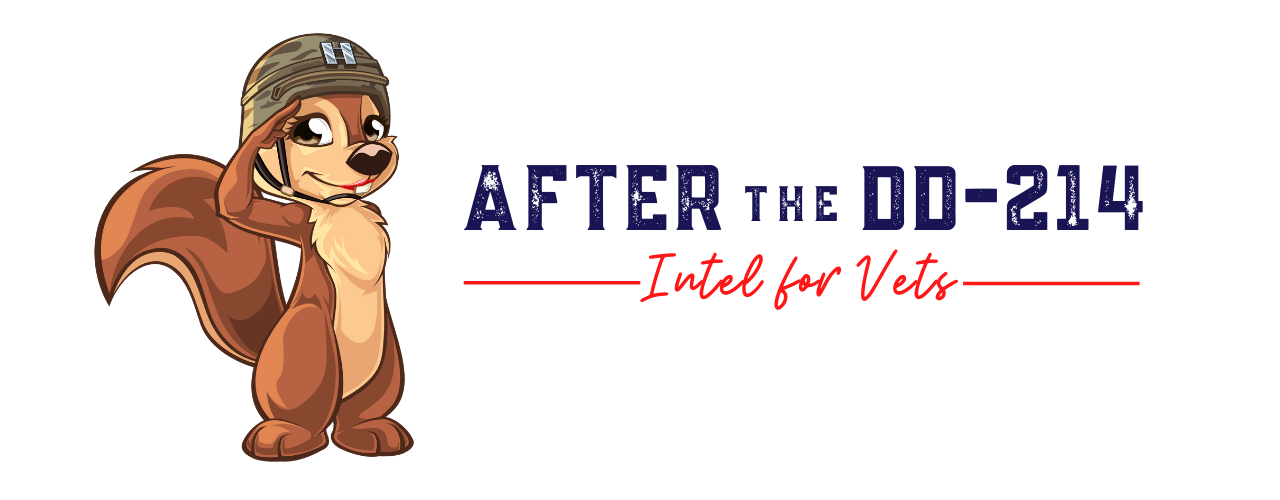Recently, someone told me a story about their brother, a combat veteran, suffering from Post-Traumatic Stress Disorder (PTSD) and not being able to get in to see someone at the VA. He was frustrated and didn’t know where to turn to get the help he knew he needed. I gave his sister several resources to help him out, including Give an Hour.
Started by Barbara Van Dahlen, PhD, daughter of a WWII veteran and named one of TIME magazines 2012 “Top 100 Most Influential People of the Year,” Give an Hour is a non-profit organization that connects mental health providers, counselors, and social workers with those impacted by military service, specifically after 9/11. It is supported by multiple veterans organizations, including Wounded Warrior Project and the USO, has been endorsed by organizations such as the National Association of Social Workers, and has Memorandums of Agreement with the VA and the National Guard to help promote its services and fill the gaps left by, and help those who may be reluctant to seek out, DoD or VA sponsored traditional military and veteran mental health resources.
All services provided are free of charge and available to servicemembers and veterans of all branches, this includes Coast Guard, Reserves, and National Guard, as well as those with less-than-honorable discharges, and those who have never deployed. These services are also available to servicemembers’/veterans’ family members, including spouses, children, parents, unwed partners, siblings, and extended family members. And their help isn’t just limited to coping with PTSD. They also provide marital counseling, family counseling, alcohol/chemical dependency, grief and loss, anger management, Traumatic Brain Injury (TBI), anxiety, separation, divorce, sexual abuse, and other types of services.
To get started, simply click on the “For Visitors” tab and then decide which type of search you would like to do. Your options are: basic, which asks you to select your language preference, enter your zip code and the mileage you are willing to travel (up to 50 miles), select the type of service you are looking for, and indicate whether you would like counselors who are willing to do counseling by phone included in the search; or guided, which asks you for similar information but, instead of asking you to choose which type of service you are interested in, it asks you to answer a few questions, such as “Do you need help with anger?” and “Is your family in crisis?” Both searches generate a list of available providers in your area, including their areas of expertise and their contact information.
Once you have selected which provider suits your needs, you simply contact him or her to set up an appointment. Keep in mind that all of the providers are licensed in their respective areas and are in good standing with their licensing agency. Give an Hour verifies this before they are allowed to be listed on their website. However, beyond verifying licensure, Give an Hour does not pre-screen the providers. Therefore, just as you would for any doctor, be sure the provider is a good fit for you. If not, look for another provider who better suits you.
Providers commit to the Give an Hour program for a minimum of one year, so you can expect a modicum of continuity. Providers are also supposed to provide one hour a week. However, whether they choose to provide more is up to each provider. Currently, Give an Hour has 7,000 providers volunteering their time across the 50 states, D.C., Puerto Rico, and Guam, and they have volunteered over 100,000 hours since 2005. I did a quick search in my area just to see how many there were and I came up with 13 within a 50 mile radius, most of those within my same city. I also tested out a couple of other random areas to see how many providers were within 50 miles: Kansas City, Missouri, zip code 64101, 42 providers; Bozeman, Montana, zip code 59715, 4 providers; Portland, Maine, zip code 04110, 46 providers.
When your counseling is complete, Give an Hour encourages you to return to their page and contact them to determine how you can now give an hour of your own to help someone else in need.
Also, while working at the college, I noticed that a lot of my veteran students were interested in pursuing social work or psychology so they could go on to help other vets. If you are a veteran studying in the mental health field, you may also want to take a look at the Give an Hour and Got Your 6 Educational Training Ground. It is an online resource with free training on mental health issues, specifically those related to military service, and includes case study vignettes, articles, books, videos, online seminars and other resources.
To get started, visit Give an Hour’s website. For those interested in the training I mentioned, you can find it here.
© 2014 – 2020, Sarah Maples LLC. All rights reserved.

2 Comments
The VA & Project ChildSafe | After the DD-214
17 February 2015 at 06:49[…] of veteran suicide, of course, but, in conjunction with the efforts of the 1, 2, Many Project, Give an Hour, and others, as well as the new provisions under the recently passed Clay Hunt Suicide Prevention […]
The Soldiers Project | After the DD-214
4 March 2014 at 22:55[…] with PTSD and other military service-related emotional challenges. Yesterday, I talked about Give an Hour, a non-profit that provides free mental health services for veterans and their family members. […]